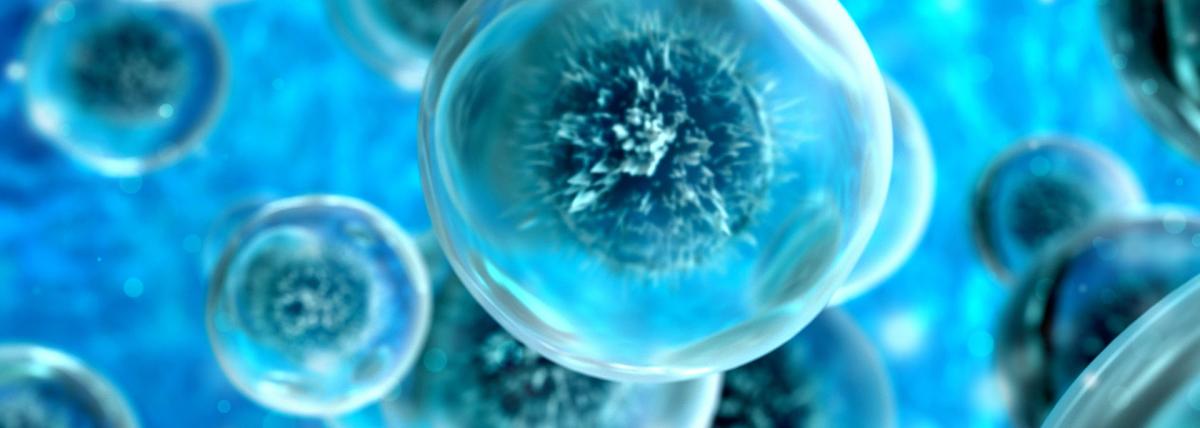
Grades:
3rd Grade, 4th Grade, 5th Grade, 6th Grade
Students will create an original design using only plastic bags in this creative lesson. They will reuse plastic bags to create a useful product they could sell. Students will use evidence to



